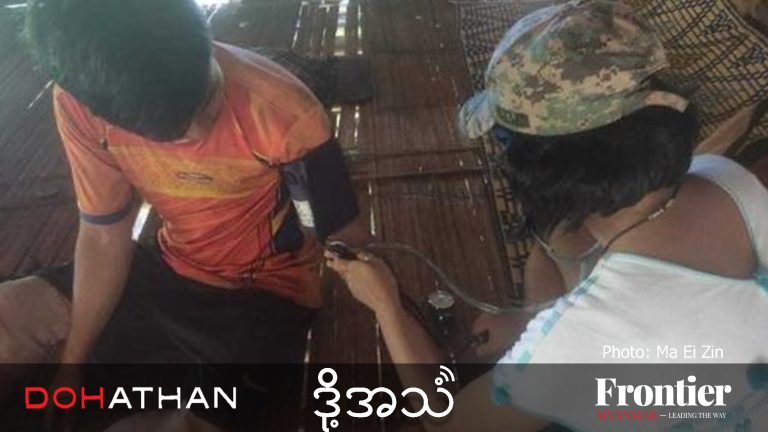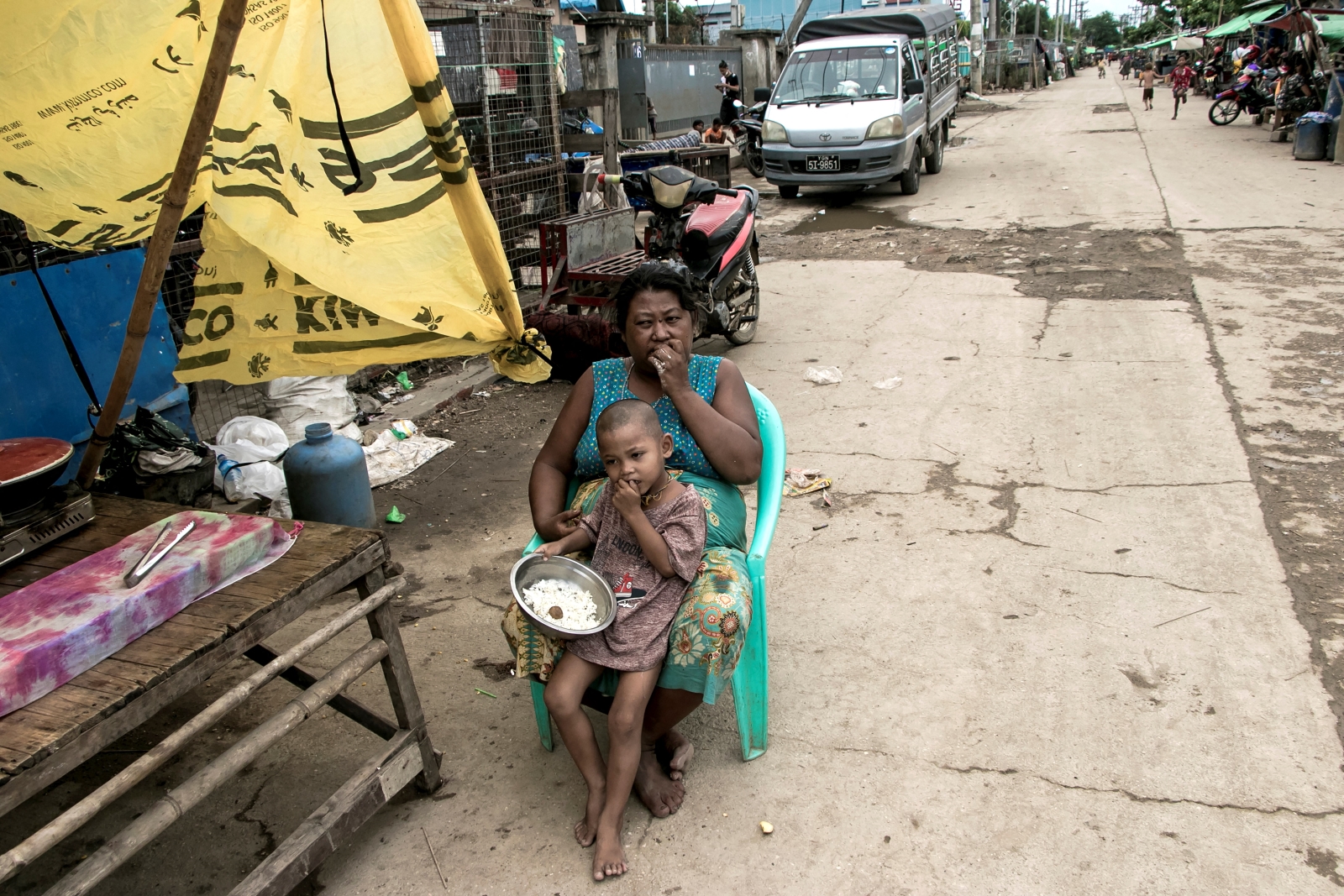The October 15 ceasefire agreement between the government and eight armed ethnic groups was overwhelmingly approved by the Union parliament last week amid criticism from the National League for Democracy.
The nationwide ceasefire agreement, touted as one of the successes of the administration of President U Thein Sein, was approved on December 8 by the outgoing Pyidaungsu Hluttaw, in which the NLD remains a minority presence.
NLD leader Daw Aung San Suu Kyi refused to attend the NCA signing ceremony in Nay Pyi Taw to witness the accord.
NLD MP U Mann Jonny told parliament on December 7 the reasons why Daw Aung San Suu Kyi did not sign the NCA included that it did not meet the definition “nationwide”.
This was because the accord was signed by only eight of the 16 groups involved in the ceasefire negotiations.
Support more independent journalism like this. Sign up to be a Frontier member.
The NLD leader was also concerned about misunderstandings between the armed ethnic groups that signed the agreement and those that did not, said U Mann Jonny.
“What worries Daw Aung San Suu Kyi most is that the government has acknowledged the signatories and has used force to apply pressure on the non-signatories,” he said.
“What has been happening at Monyin in Kachin State and Monghsu and Kyethi in Shan State is proof of that worry,” said U Mann Jonny, the Pyithu Hluttaw MP for Myaungmya Township in Ayeyarwady Region.
He was referring to recent Tatmadaw offensives against the Kachin Independence Army and the Shan State Army-North, neither of which were signatories of the NCA.
U Mann Jonny said the reason why many ethnic armed groups refused to sign the NCA was a lack of confidence.
He said the peace process would in future be headed by Daw Aung San Suu Kyi, who would implement the “right points” of the NCA.
Concern about the NCA creating dissension among ethnic groups was also raised by the NLD’s Dr Zaw Myint Maung, the Pyithu Hluttaw MP for Kyaukpadaung Township in Mandalay Region.
“Signatories of the agreement were removed from the list of illegal organisations while non-signatories remain on the black list; that may cause disagreement between ethnic groups,” said Dr Zaw Myint Maung.
Replying to the criticism, Union Minister U Aung Min, the government’s chief negotiator at the ceasefire talks, said discussions were held with 16 armed groups of which eight signed the truce.
“We have already paved the way to have talks with five other groups; we have opened the door,” said U Aung Min, the deputy-chairman of the Union Peace-making Work Committee.
A Union Solidarity and Development Party MP said the composition of a Union Peace Dialogue Joint Committee will need adjusting in the wake of the NLD’s election victory.
The committee, established after the NCA was signed to facilitate political dialogue, has two members from the NLD but that will need to increase, said Thura U Aung Ko, the Pyithu Hluttaw MP for Kanpetlet Township in Chin State.






